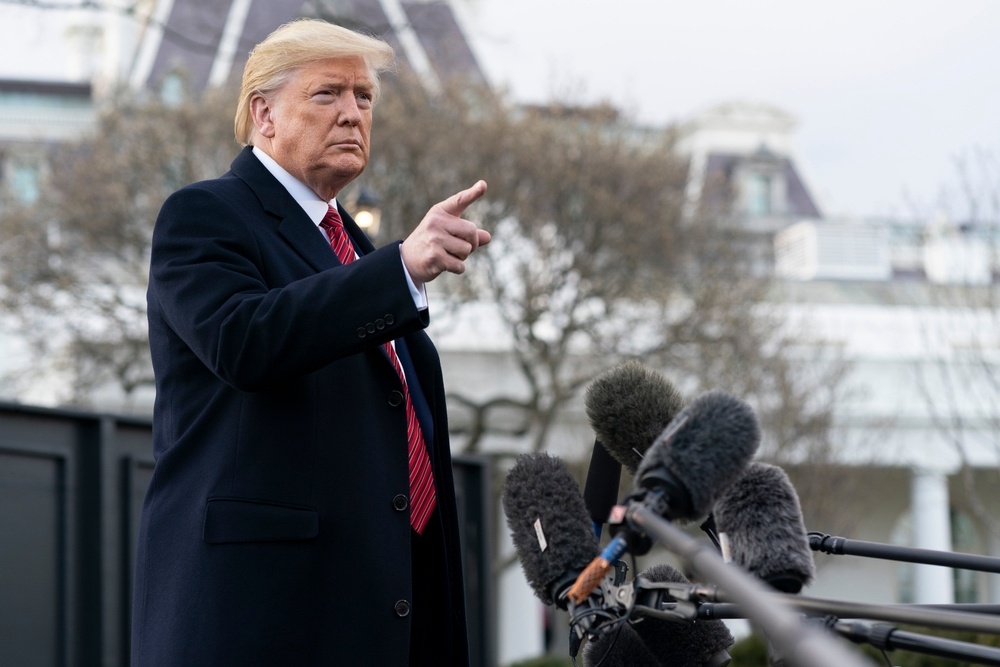Proposed Cuts Focus on Domestic Spending and Defense
U.S. President Donald Trump’s administration proposed a $163 billion cut to the federal budget on Friday, outlining significant reductions in education, housing, and other domestic programs. The proposal aims to reduce non-defense discretionary spending by 23%, bringing it to the lowest level since 2017. At the same time, it seeks to increase spending on defense and border security, including a nearly 65% boost in homeland security funding from 2025 levels.
Criticism and Political Backlash
The budget proposal has drawn sharp criticism from both Democratic and Republican lawmakers. Congressional Democrats have condemned the cuts to social programs, particularly education and housing, as too severe. Senate Democrat Chuck Schumer of New York called the plan an “all-out assault on hardworking Americans,” claiming that it would undermine healthcare, education, and essential programs while providing tax breaks for billionaires and corporations. On the Republican side, Senator Susan Collins of Maine expressed concerns over the timing and lack of key details, particularly regarding defense spending and cuts to low-income assistance programs.
Impact on Federal Agencies and Key Programs
The proposal includes deep cuts for several federal agencies, including a $50 billion reduction for the State Department, which would absorb the U.S. Agency for International Development. It also calls for a $2.49 billion cut to the IRS, potentially weakening tax collection efforts, and cuts to NASA’s moon program. The Department of Education would face a 15% budget cut, with a focus on maintaining funding for low-income children while slashing overall allocations. The Department of Housing and Urban Development (HUD) would see nearly a 50% reduction in funding, impacting housing assistance programs.
Border Security and Defense Spending Boosted
Trump’s budget proposal emphasizes a significant increase in border security funding, including an additional $500 million for discretionary spending to support mass deportations and $766 million for border security technology. The administration also seeks to maintain 22,000 border patrol agents and hire additional Customs and Border Protection officers. Additionally, defense spending would see a 13% increase, though some Republicans, like Senator Roger Wicker of Mississippi, argue that the proposed defense budget does not account for inflation and is on par with the levels set under President Biden.
Economic Concerns Amid Trade Uncertainty
As the U.S. economy faces growing uncertainty, partly due to Trump’s tariff policies that have disrupted global trade, fiscal conservatives and budget experts are concerned that extending the 2017 tax cuts will contribute to the nation’s $36 trillion debt. The budget cuts and proposals are part of a broader strategy to reduce federal spending while pushing for an extension of tax cuts that could add $5 trillion to the debt. Republicans are working to enact the tax cuts by July 4, but internal divisions remain over the proposed reductions in federal spending.
Future Budget Negotiations and Uncertainty
The White House’s budget request is just the starting point for what will likely be an extended negotiation process with Congress. While Trump wields considerable influence over Republican lawmakers, substantial changes to the proposal are expected. The final budget will be shaped by input from both sides of the aisle and ongoing discussions about how to address growing economic stress and trade uncertainties resulting from Trump’s tariff policies.


